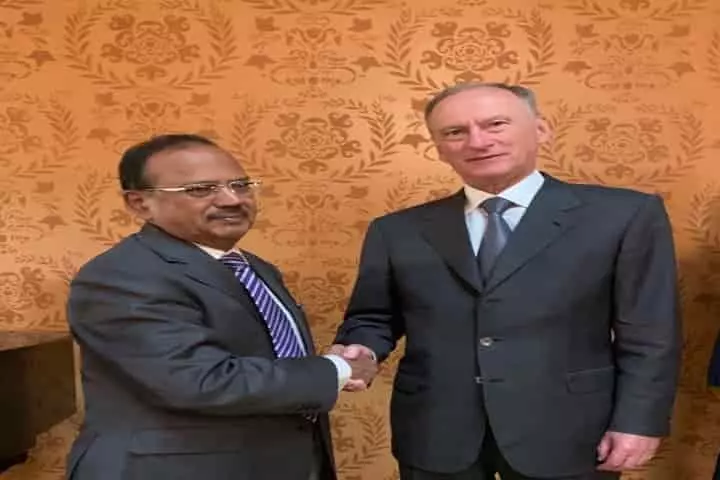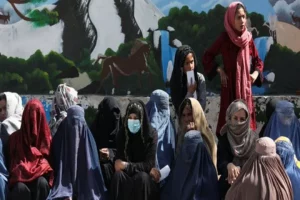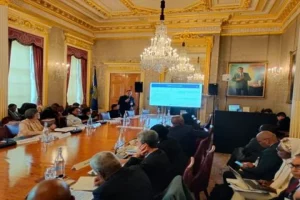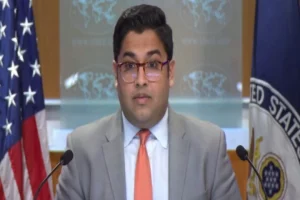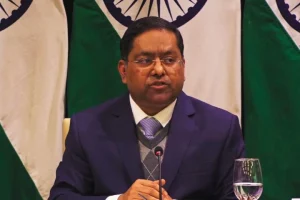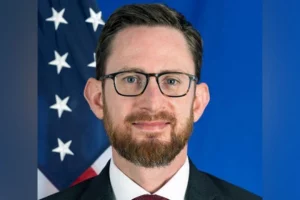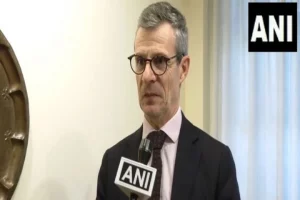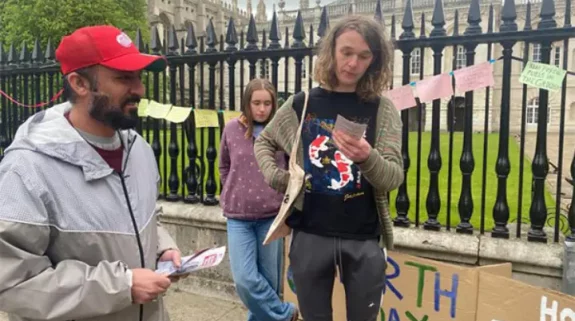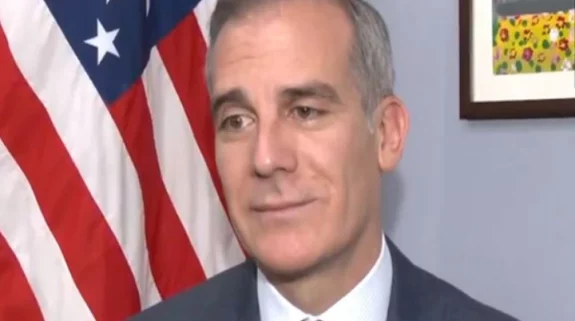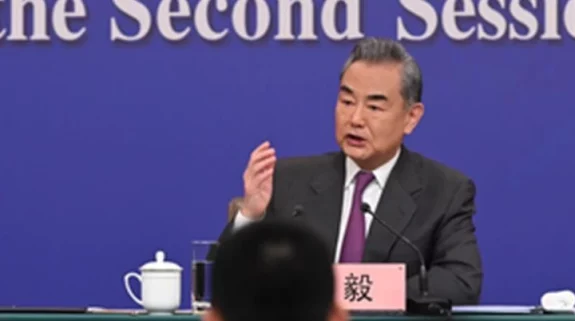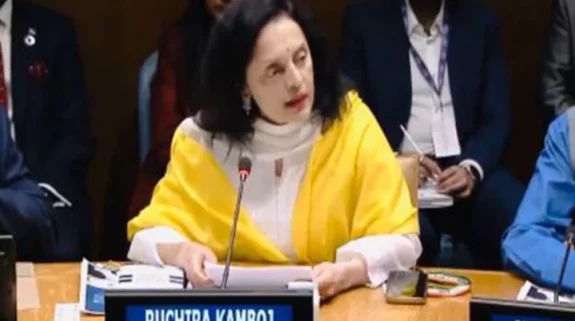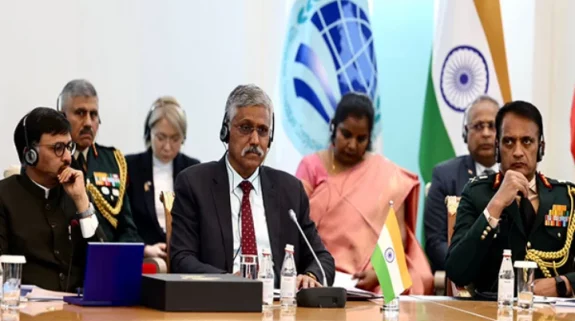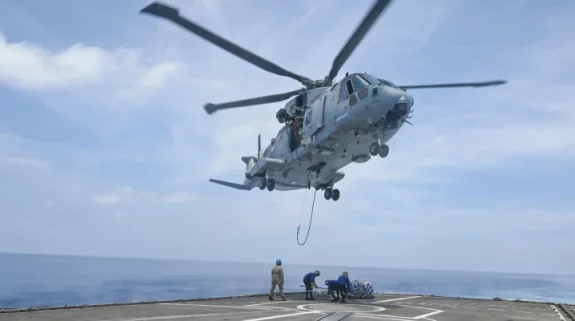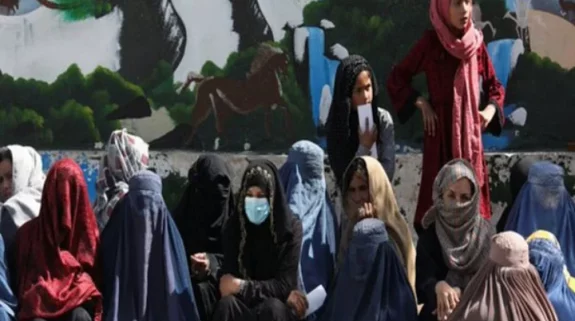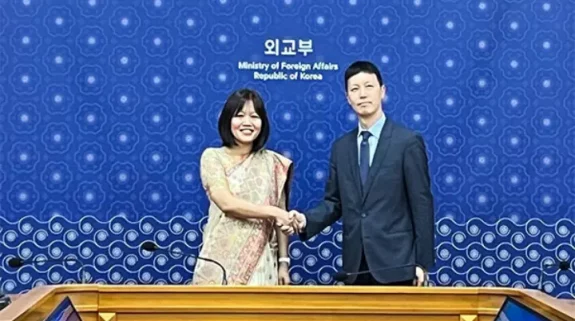Russia’s top security official, Nikolai Patrushev has begun talks with National Security Adviser Ajit Doval on Wednesday— wading into a crucial meeting that is likely to give a new structural direction to Indo-Russian ties and taking them to a new level.
There is significant context to what is likely to be a pathbreaking conversation between Doval and Patrushev, the head of the Russian security council. The reassertion of the Taliban, evidently backed by the Pakistani ISI in Afghanistan, has endangered the security of the two countries. Both New Delhi and Moscow view the change of guard in Kabul a worrisome historic event that they must address jointly.
The results of the meeting are likely to be far reaching, which is taking place in the backdrop of a solid track record of mutual trust, built over decades, including the Cold War years when Moscow and New Delhi were virtual allies. The exit of the United States from the region—a major geopolitical event– is also framing the big picture of the Doval-Patrushev parleys.
The Patrushev-Doval meeting is taking the cue from a key conversation on August 24, between Prime Minister Narendra Modi and Russian President Vladimir Putin. The two leaders. known for their warm personal chemistry, had decided to establish a new mechanism that would focus and coordinate the positions of the two countries on Afghanistan. The new institutional arrangement is expected to unroll during Patrushev’s visit.
Diplomatic sources told India Narrative that insulating Central Asia and other neighbouring countries from the possible radiation of terrorism from Afghanistan during the post-Taliban phase is expected to engage the two interlocutors.
The Russian side is keen that India strongly supports and bolsters the military resilience of the secular Central Asian Republics especially Tajikistan, Kyrgyzstan to counter a possible onslaught of radicalism from Afghanistan. “If India does not step in then the vulnerable Central Asians may reach out to China—an eventuality that neither the Russians or the Indian side wants”.
Also read: India to focus sharply on Pak interference in Afghanistan during SCO summit
Russia considers Central Asia as its backyard and will strongly resist China’s geo-economic influence in this region under the garb of the Belt and Road Initiative, a giant pan-Eurasian mega-connectivity project that Beijing is steamrolling. Despite Russia’s deepening engagement with China in recent years, the distrust between Moscow and Beijing, which fought a brief war in 1969, runs deep.
In fact, insiders say that the Russians are keen that India plugs into the Moscow-led Collective Security Treaty Organisation (CSTO), not necessarily as a formal member but as a heavyweight that can help blunt Chinese influence in this region. Tajikistan, Kyrgyzstan, Kazakhstan and Armenia are some of the key members of the Russia-led CSTO.
The Russians, which have positioned a motorised division in Tajikistan could also want India to activate and coordinate the role of Ayni, an Indian air base in the Central Asian country. Sources told India Narrative that India actively used the Ayni air base to evacuate Indian nationals who were stranded in Afghanistan after the Taliban swept into Kabul on August 15.
The two countries are also committed to safeguarding and promoting the International North South Transport Corridor (INSTC) and the Chabahar route from Iran that heads into Afghanistan. Both Russia and India are keen to integrate the two routes, and are wary that the coming of the Taliban does not jeopardise the functionality of these corridors, and their integration process.
The Doval-Patrushev talks will also give an opportunity to both India and Russia to assess the big-picture about the longevity of the United States as a superpower, which had to stage an unceremonious exit from Afghanistan.






